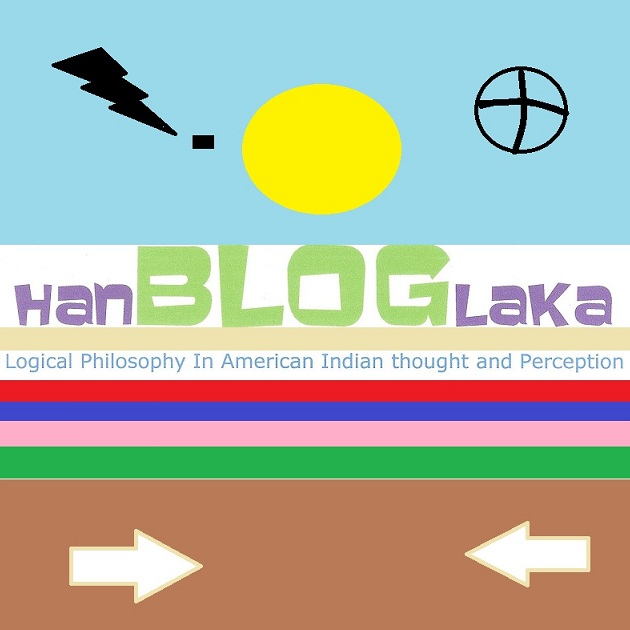Harold R. (Hal) Foster’s Prince Valiant
© Respective copyright/trademark holders.
Besides the “range”
of x in “(x) . φx”
or “($x) . φx
“ which is the field of values that x
may have, we shall speak of the “scope”
of x, meaning the function of which
all values (or some value) is being affirmed. If we are asserting all values (or
some value) of “φx,” “φx” is the
scope of x; if we are asserting all
values (or some value) of “φx É p,“ “φx É p“ is the scope of x;
if we are asserting all values (or some value) of “φx
É yx,“ “φx É yx“ will be the scope of x, and so on. The scope of x is indicated by by the number of dots
after the “(x)” or “($x)”; that is to say,
the scope extends forwards until we reach an equal number of dots not
indicating a logical product, or a greater number that does indicate a logical
product, or the end of the asserted proposition in which the “(x)” or “($x)”
occurs, whichever happens first. Thus e.g.
“(x) : φx
É yx”
will mean “φx always implies yx,” but
“(x) . φx
É yx”
will mean “if
φx is always true, then yx is true for the argument x.”
Note that in the proposition
(x) . φx .
É . yx
the two x’s have no connection with each other.
Since only one dot follows the x in
brackets, the scope of the first x is
limited to the “φx” immediately following the x in brackets. It is possible, and often
clearer to write
(x) . φx .
É . yy rather than
(x) . φx .
É . yx,
since the
use of different letters emphasizes the absence of connection between the two
variables; but there is no logical necessity to use the different letters, and
it is sometimes convenient to use the
same letter.
Frank Godwin’s Connie © Respective
copyright/trademark holders.
This post expands on the use of dots in
constructing propositional equations. The authors are careful to lay out clear
and redundant examples of the process as we go along. It is only an early cause
of my delight in this work, this business of shifting letters denoting
variables as I please! This proves to be the essence of this work and I suppose
all metaphysics, we learn the rules that are a ladder we step off into
practice.

Rudolph Dirks © Respective copyright/trademark
holders.
---BLOG---
han-------------laka
Logical Philosophy
In American Indian thought and
Perception
Harold R. (Hal) Foster’s Prince Valiant
© Respective copyright/trademark holders.
.




No comments:
Post a Comment